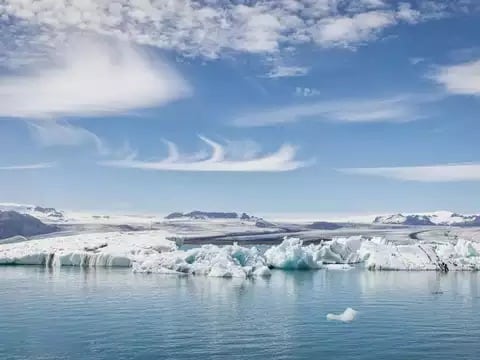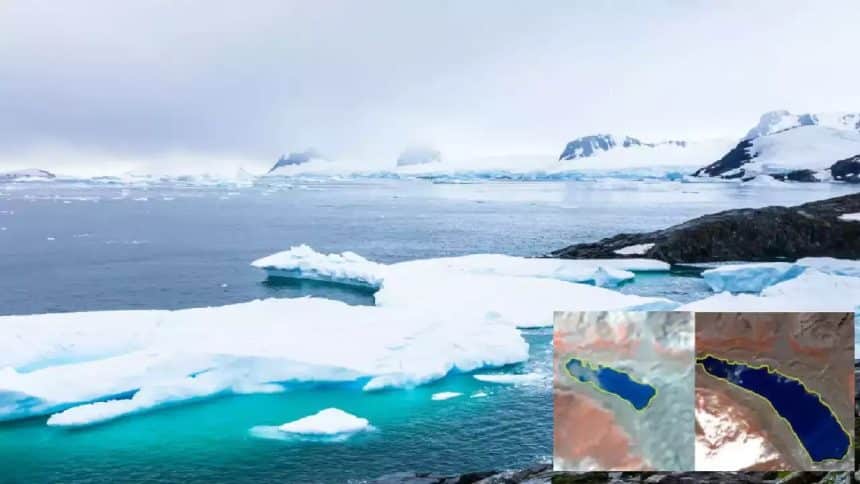The Himalayan mountains are known as the “Third Pole” because of their massive glaciers and snow cover. They are particularly vulnerable to the physical and societal effects of global climate change. ISRO announced Monday that a new study analyzing decades of satellite footage has indicated that glaciers in the Indian Himalayan area are melting at alarming rates. This resulted in a substantial increase in glacial lakes.
Research undertaken worldwide has consistently indicated that glaciers worldwide have been retreating and thinning at unprecedented rates since the beginning of the Industrial Revolution in the 18th century.
ISRO revealed rapid expansions of glacier lakes
ISRO conducted the investigation using satellite data from 1984 to 2023. Revealing that of the 2,431 glacial lakes greater than 10 hectares discovered in 2016-17 throughout river basins. Furthermore, 676 lakes have increased significantly since 1984. This covers 130 lakes in India. 65 in the Indus basin, 7 in the Ganga basin, and 58 in the Brahmaputra basin.

The changes have been dramatic, with 601 growing lakes more than tripling in size. Ten lakes grew 1.5 to 2 times their original size, while 65 expanded 1.5 times. The investigation discovered many bulging lakes at higher elevations, with 314 between 4,000 and 5,000 meters and 296 over 5,000 meters. Melting glaciers create swollen lakes, causing significant environmental changes and increasing the danger of catastrophic flooding in mountain settlements.
People were killed due to the consequences of melting glaciers
ISRO highlighted long-term shifts in the Ghepang Ghat glacial lake (in the Indus basin) at an elevation of 4,068 meters in Himachal Pradesh. Which later increased in size by 178% between 1989 and 2022, from 36.49 hectares to 101.30 hectares. The annual rate of increase is approximately 1.96 hectares. In October, at least 40 people were killed and 76 were missing in Sikkim after the South Lhonak Lake, a glacier lake located in the state’s northwest at 17,000 feet, broke due to heavy rains.



